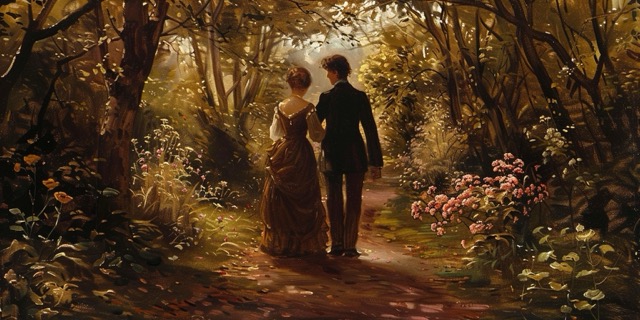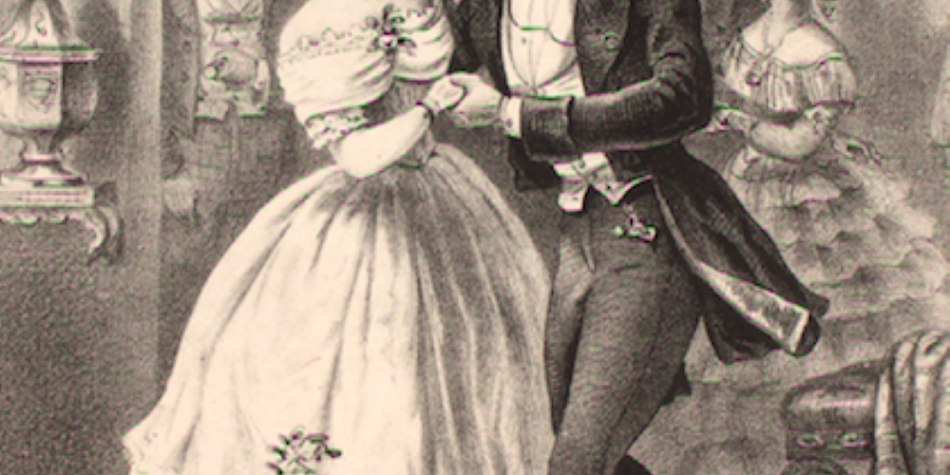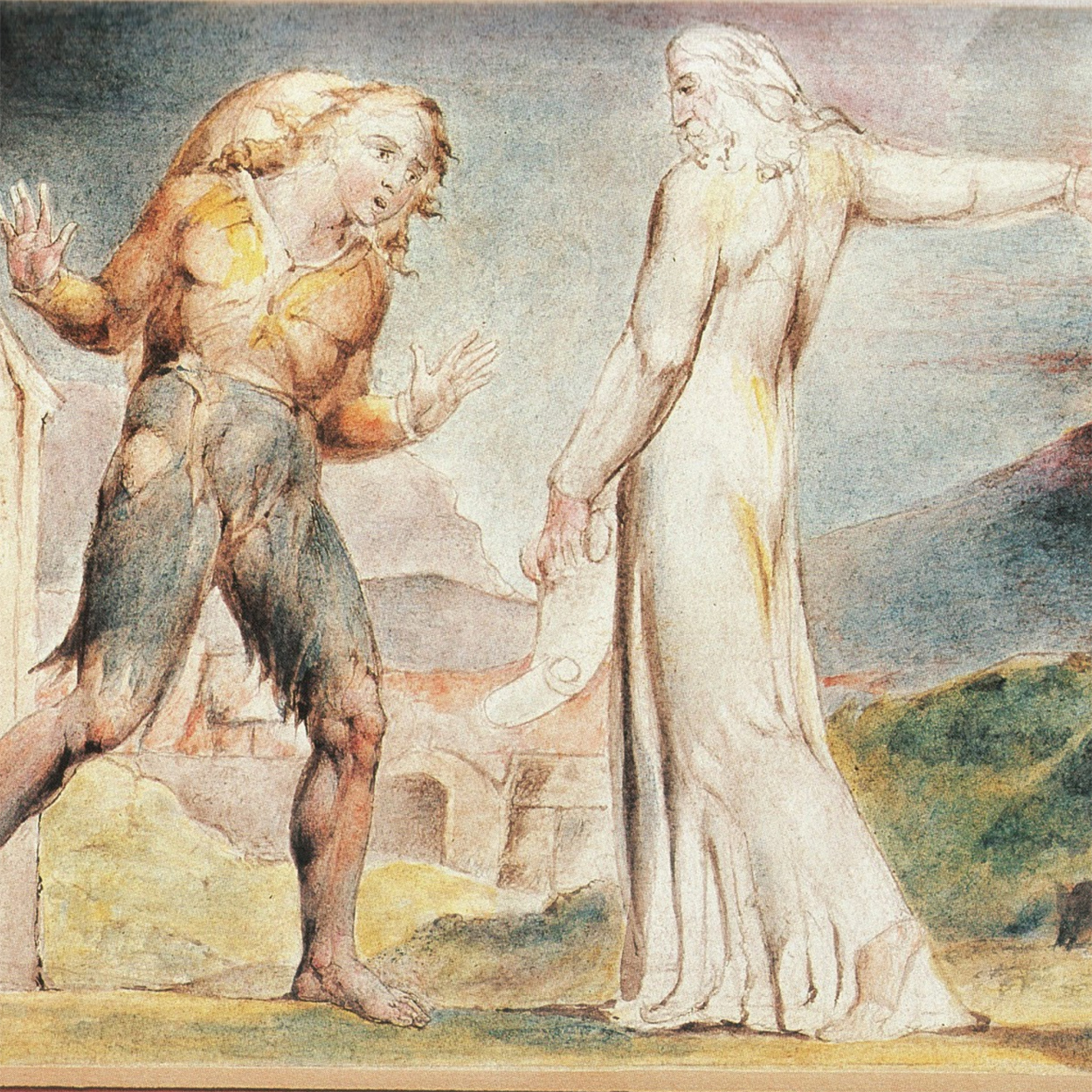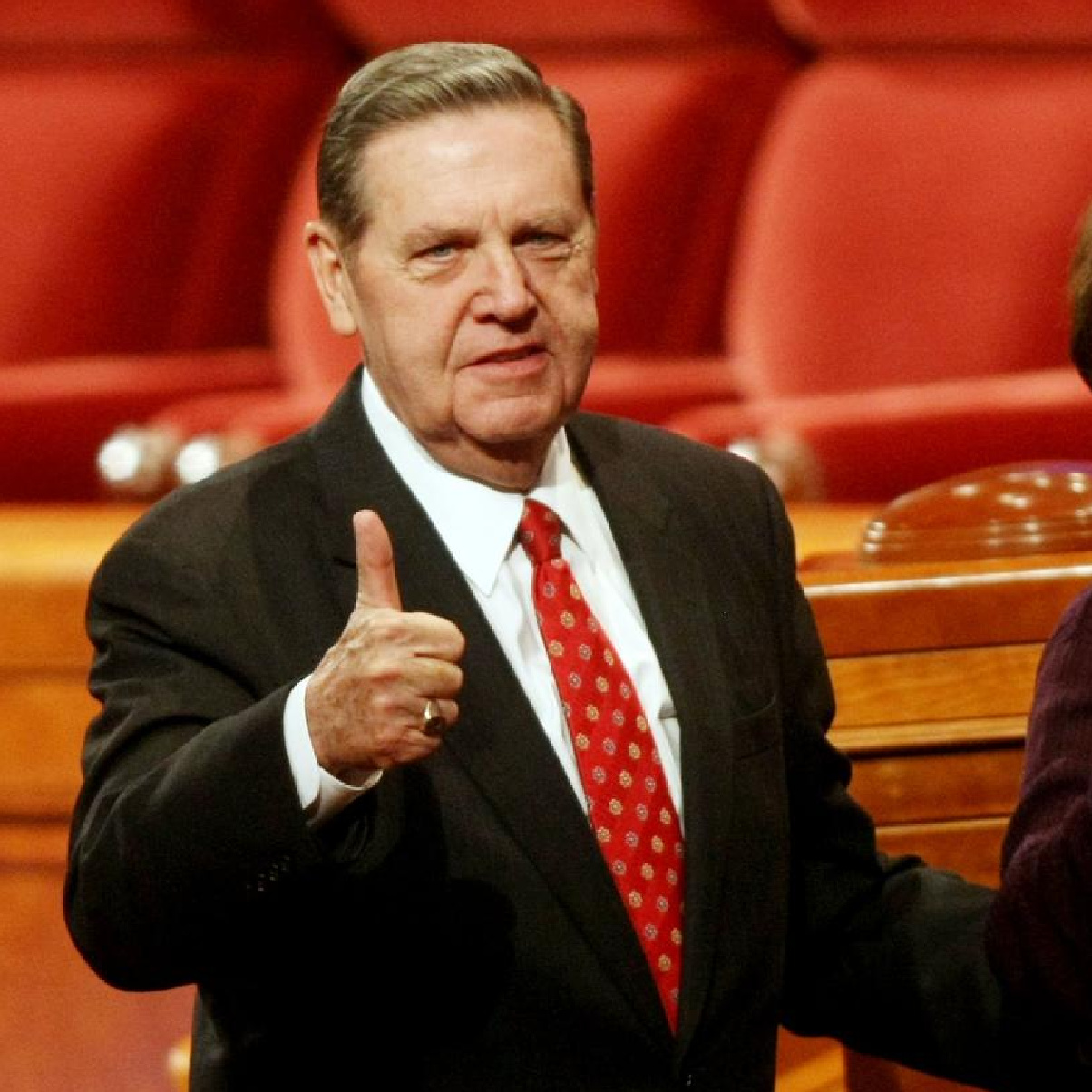To my progressive friends, men and women are practically the same, the only difference worth mentioning being that men are more privileged. They mock traditional courtship rituals such as the man asking the woman out on the first date, paying for it, holding the door open for her, walking her to her door at the end of the date, and generally being the pursuer in the relationship.
Once after a breakup, I reminisced to a friend about how I missed my ex-boyfriend, remembering how I appreciated him trying to take care of me and demonstrating he would be a good protector and provider. My friend lectured me, telling me I was being sexist for my comments and that I should be a strong, independent woman who didn’t “need” a relationship. According to her, nothing about dating or relationships should reflect a difference in gender. Specifically, she said that men opening doors for women is backward, and there shouldn’t be any regard for gender in offering such gestures. Her comments seemed to reflect the attitude of many in today’s culture.
Despite modern society’s insistence, the idea that men and women aren’t inherently different and any gesture implying that they are is wrong goes against our nature. When a man walks a woman to her door after a date, he is reflecting his responsibility to protect, and the woman is likely going to appreciate it. That is the way we inherently are, and there is nothing wrong with that. Trying to deny that is denying our nature.
Our culture used to have rules to help navigate courtship.
Dating rituals such as men holding the door open or walking the girl to her door make a date different than hanging out. I agree with Brett McKay; if men and women act the same way on a date as they would getting tacos with friends, then dates lose some of what makes them interesting, fun, and special.
As I thought about it, stigmatizing the celebration of gender differences in courtship privileges homosexual relationship ideals over heterosexual ones. Erasing gender differences might work if one is pursuing a same-sex relationship, but it’s straight-phobic to expect heterosexuals to have the same ideals. As a heterosexual woman, I don’t want a relationship with a guy who acts just like a woman. I want a man. And the men I know generally appreciate women who are not only intelligent and capable but who embrace their femininity. Heterosexuals aren’t interested in the opposite gender just because of physical attraction but because they are different. Celebrating these differences makes relationships, especially romantic ones, not only more meaningful but interesting.

Progressives are offended by the notion that the genders are different and that women should strive for femininity while men strive for masculinity. But this is them placing their post-gender values on heterosexual, cis-gender people. It’s like a new form of imperialism.
When I express the importance of men embracing masculinity, many of my progressive friends think I expect men to be toxic, emotionless brutes. But for the most part, traditional masculinity has offered more range for masculine expression than many modern thinkers give it credit for. In “The Necessity of Chivalry,” C. S. Lewis explains that chivalry encourages men to be brave and gentle, explaining that they need to encourage their protective instincts when necessary while also being sensitive enough to express tender feelings when appropriate. I’ve known men who enjoy choir and other stereotypically “soft” interests, but I still consider them to be masculine if they willingly embrace their responsibilities as protectors and providers. Masculine ideals have more often been like how C. S. Lewis describes Lancelot as both fighting courageously in battle and being meek in court rather than being Gaston from Beauty and the Beast.
Unfortunately, we often aren’t teaching young men how to express chivalry. Our culture used to have rules to help navigate courtship. Now young adults are entering the dating world with little idea of what “rules” to follow. This creates problems because many women want men to act like gentlemen, but many young men don’t know how. I’ve been surprised how many guys I’ve been on dates with seem oblivious to gestures such as walking me to my door afterward, but I can’t blame them because they likely weren’t taught to.
As Brett McKay expressed, “Rules and traditions give life texture and meaning.” For too long, our society has attempted to erase rules and tradition, and as a result, many young people are confused and wandering. It’s time to recommit to celebrating our differences and the rituals that make courtship different than hanging out.

















